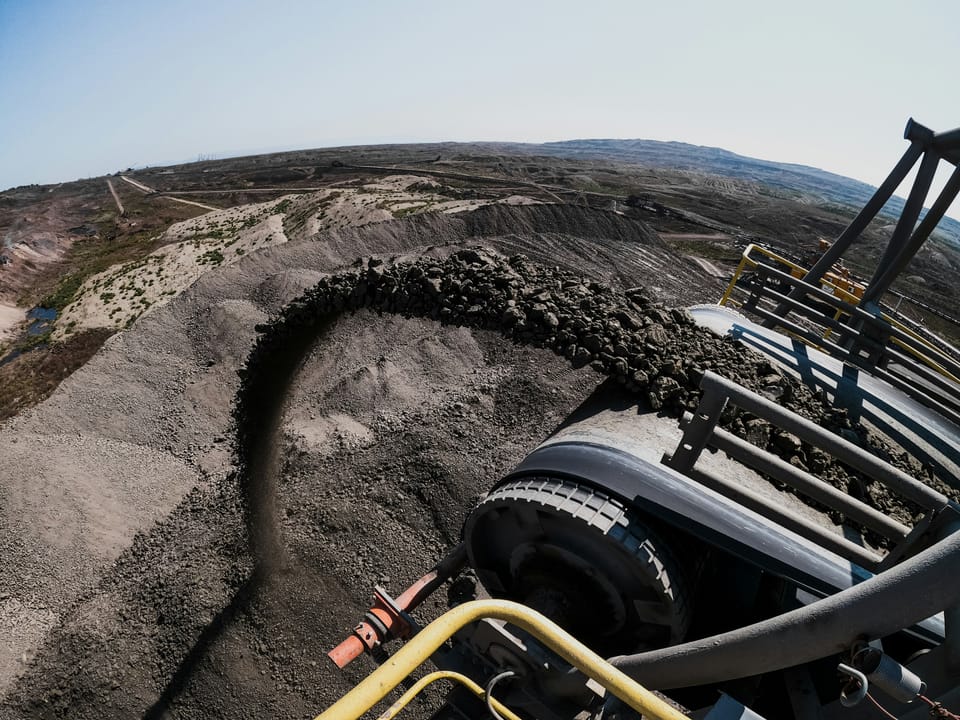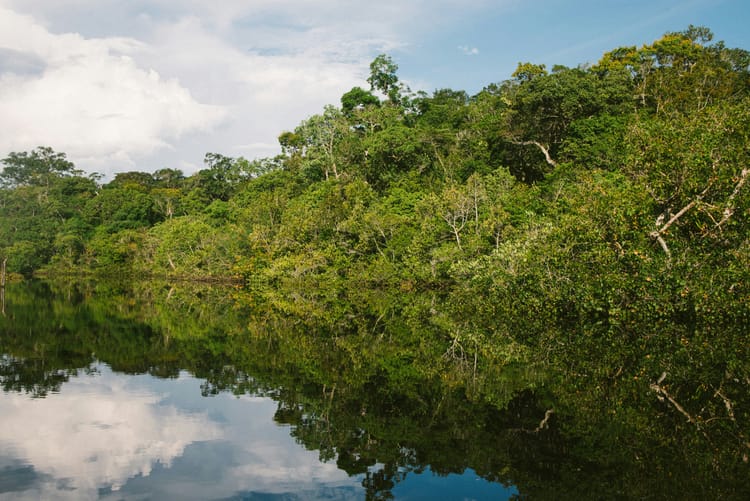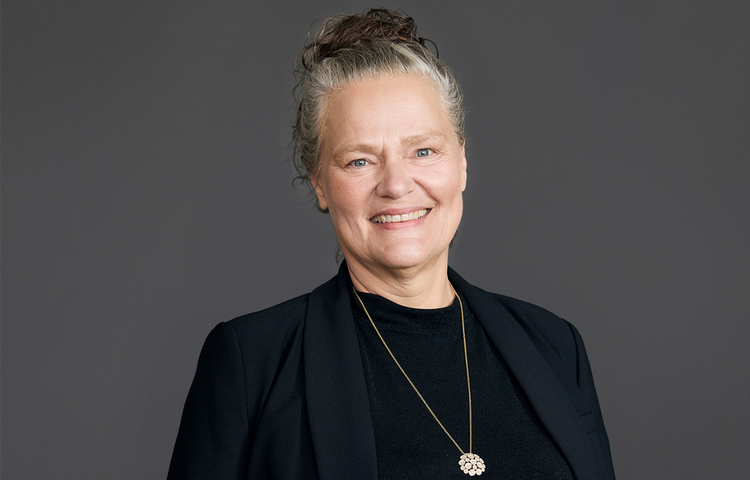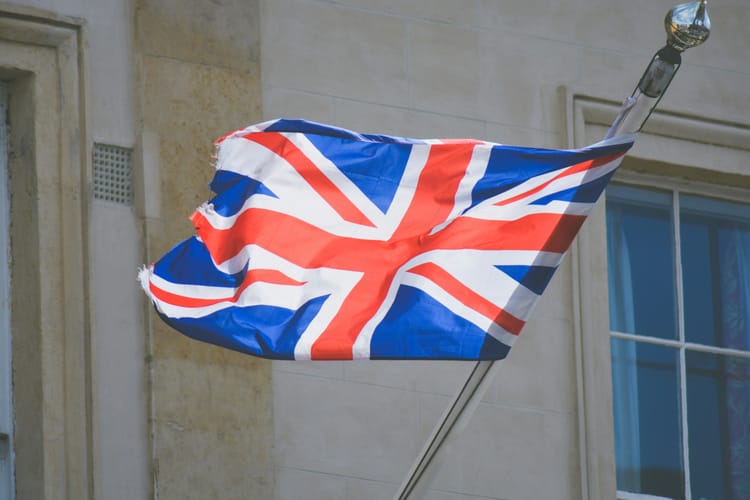COP28 ‘coal to clean’ carbon credit scheme gets Verra approval
The initiative allows coal plants closing down before the end of their productive life to receive carbon finance.

The Rockefeller Foundation-driven ‘Coal to Clean Credit Initiative’ (CCCI) announced at COP28 has had its methodology approved by carbon credit standard Verra, kicking off the next stage of its implementation.
Verra, a certification body that issues Verified Carbon Units (VCUs) that can be purchased on the voluntary carbon market, officially approved the CCCI’s methodology this week, meaning carbon credits generated from the early closure of coal plants could soon become available.







